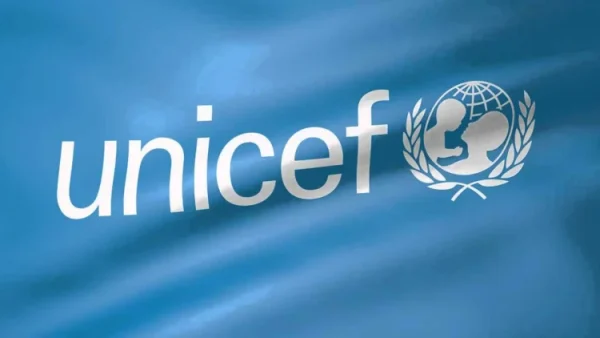UNICEF, in collaboration with the Kaduna State Government, has launched a training programme to equip teachers with digital skills for the implementation of a digital Education Management Information System (EMIS).
The initiative is part of broader efforts to strengthen educational data management, enhance transparency, and improve learning outcomes across the state. It is being carried out under the Reaching Out-of-School Children project, with a target to digitalise data in over 8,000 public schools in Kaduna.
The training is taking place simultaneously across all 23 local government areas of the state.
Speaking during the training on Friday in Kaduna, the Permanent Secretary in the Ministry of Education, Rabiu Yunusa, highlighted the importance of reliable data for effective educational planning.
He said empowering head teachers to input accurate school data would significantly enhance the government’s ability to craft evidence-based policies, monitor student performance, and evaluate the success of various initiatives, particularly those focused on out-of-school children.
He reiterated the state government’s full support for the project and its long-term goals.
Also speaking, Mr. Bala Dada, UNICEF Education Officer at the Kaduna Field Office, said the training would improve access to education data and enable better-informed decision-making and resource allocation.
He noted that the programme aligns with this year’s International Day of the African Child, which focuses on strategic planning.
“Without accurate data, planning becomes impossible,” Dada stated.
Mr. Hassan Abdul, Deputy Project Coordinator of the Reaching Out-of-School Children initiative, said the objective is to establish a comprehensive database of public schools in the state. This, he explained, would be essential in helping the government plan more effectively and distribute resources more equitably.
One of the participants, Mrs. Gloria Simon of Government Senior Secondary School, Television-Kaduna, expressed her appreciation for the training. She described it as an eye-opener, saying it would reduce teachers’ administrative burdens and improve school management.
The project is coordinated by UNICEF and funded by the Islamic Development Bank (IsDB), Global Partnership for Education (GPE), and the Korea Fund for Economic and Social Development (KFEW).


